Harper Lee - Interview with Keris Howard
by Chris Jones
published: 22 / 11 / 2006
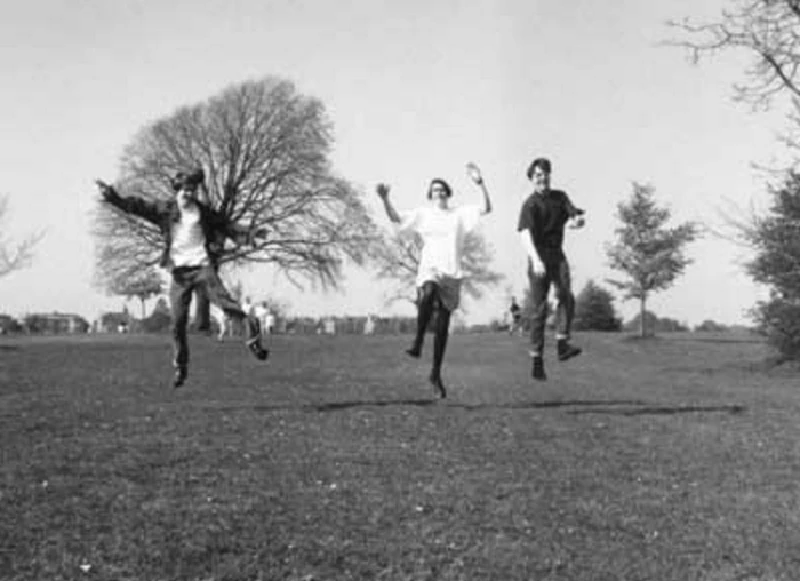
intro
Former front man with indiepop groups Brighter and Harper Lee, Keris Howard chats to Chris Jones about one time Sarah Records' signing Brighter's second compilation, 'Out to Sea', which has just been released on Matinee Records
In the mid-80’s I had a number of friends who were really into music that had been released in the mid to late 60’s. They weren’t trying to be hippies or mods or ironicc. They just liked the music. Twenty years later, the 80’s music revival seemed a bit more “fake” to me. Meaning, it seemed that most of the people “liked” the 80’s music because they thought it was cheesy / funny and not because they just thought it was good music. The world of indie music has not been immune to this “looking back” trend. Numerous re-releases and artist compilation CDs have been put out over the past few years with music from the late 80’s / early 90’s; some for bands that were fairly well known and successful (in indie terms) during their day and some for bands that released little more than a few 7 inches before disappearing. But unlike the 80’s pop revival, the indiepop revival seems to be fuelled by an actual liking of the music on the part of both the labels re-releasing the music and the people buying the music. While Brighter may not have exactly swept the nation in the early 90’s, they were one of the more popular bands on the revered Sarah Records label. Their releases featured a combination of watery / pastoral pop and more fuzzed out / shoegaze-y songs, all with a somewhat sombre, introspective tone. The band dissolved in 1993 and eventually frontman Keris Howard formed the band Harper Lee which have had 7 releases on the Matinee label. Now, some 14 years after Brighter called it quits, their music has been compiled over two releases on the Matinee label; 2003’s 'Singles 1989 – 1992' and 2006’s 'Out to Sea'. Since these CDs have surely found their way into the hands of both long time fans and first time listeners, it seemed like a good time to chat with Keris Howard about his musical history, the Brighter story, and what might be next for him. PB : With the second Brighter compilation CD 'Out to Sea' recently released, I thought we should start off with your musical history, if you will. When did you first start playing instruments and what sparked your interest? KH : I had an acoustic guitar tucked away in a cupboard for years but I didn’t attempt to play until I was about 16 or so. Up until then I’d occasionally get it out and hit the strings with felt pens. I’m not sure what convinced me to put the pens down and actually try and learn to play it properly. The Smiths were becoming a big influence and that might have started to steer me away from the Casio keyboard I’d had for some years previous. It’s also true to say that I was at that stage in my life where my growing interest in music and girls led to that ‘eureka’ moment where I naively thought forming a band could prove a good way of making progress in both fields. PB : What bands did you like listening to before you started writing your own music and what got you started writing music? KH : I was utterly obsessed by OMD in my early teens and it’s fair to say I’ve unconsciously and accidentally borrowed an incredible amount from their early catalogue ('The Beginning and the End' off 'Architecture and Morality' bears a frightening similarity to Harper Lee's first single 'Dry Land'). New Order were probably my greatest inspiration for writing music – the fact that they could pen such beautiful and powerful music whilst being technically inept set a template that I was determined to try and follow. I was involved in a couple of bands at Sixth Form College with my future Brighter collaborator Alex Sharkey. Alex was more of the front man but I’d occasionally do a turn at the mic so I could do my Barney Sumner impression to the few songs I’d written. PB : Before Brighter came about, were you involved with the "indiepop scene" as a concert goer or a fanzine reader/maker, ??? KH : Both myself and my future Brighter band mate Alison Cousens were at university in Birmingham when the whole C86 thing kicked off and Indie music started to become more clearly defined. We’d don our anoraks and go to the Click Club in Broad Street every Tuesday night to see great bands like the Wedding Present, Primal Scream, McCarthy, and My Bloody Valentine. Music was pretty much our life and that obsessiveness eventually latched on to Sarah Records, the most natural home for floppy fringed English students in the late 80’s. PB : I know that you sent a demo tape to Matt Haynes and Clare Wadd at Sarah records before Brighter was actually a band (Alison Cousens and Alex Sharkey joined afterwards). Which songs were on the demo tape and did anyone help you on those songs? KH : I think there were about seven songs on the demo, including ‘Inside Out’ and ‘Around the World in 80 days’. There were also a couple of our more ‘fuzzy’ songs like ‘Looks like rain’. I was hedging my bets somewhat, unsure as to whether to present ourselves as the new Sea Urchins, or a low rent My Bloody Valentine. PB : Does it seem a bit surreal that some 18 years after starting Brighter there are now two compilation CDs out there? And how does hearing those songs again make you feel? KH : It felt odd when the first compilation came out. We had no idea about the level of interest it might stimulate and in honesty set the bar pretty low in terms of our expectations. That it proved to be a minor success was obviously great but it was rather strange, especially as it proved a far bigger seller than anything I’d done with Harper Lee. That’s quite sobering. The second compilation was really for completeness’ sake, tieing up loose ends and all that. I think it needs to be listened to with this in mind. After the first compilation came out, there was some pressure to make available the original LP ‘Laurel’, various flexi tracks and songs we used to play live but had never released. To be honest, it resurrected a lot of issues we had with Clare and Matt, with fans who came to see us play live, and within the band itself about what did and didn’t get recorded and released. A lot of the out-takes and demo tracks had been made available as bootleg tapes, years ago, without our or Sarah’s permission – so we saw this final compilation as an opportunity to make everything there was available to anyone who wanted it – and to try to end all the arguments once and for all. On that level, ‘Out To Sea’ is very much a compilation for completists: to anyone else, it is likely to sound something of an eclectic mix. PB : Do you remember the first Brighter concert? Who else was on the bill and did the show go well? KH : Our first gig was on a horrendously rainy night in Littlehampton, supporting amongst others the Popguns. We were supposed to be second on the bill but we got bullied to the bottom and went on first. I was so nervous the whole thing was a blur but I do remember that Alex fell off the stage and we were utterly gob-smacked that people actually turned up to see us US!. PB : Did you like performing live as a band or do you prefer the studio? KH : I’ve never enjoyed playing live. I get really nervous and my already suspect musical abilities tend to suffer as a result. As I’m not a natural front person, playing bass with Trembling Blue Stars felt more comfortable but I’d still be terribly anxious about messing up. The whole studio thing is far better. You can do a second take for starters and the fact that you are creating rather than replicating makes it far more engaging. With Brighter we used a number of different studios and Matt and Clare would usually come along which was good and bad in equal measure. Harper Lee just like Lovejoy have always worked with Julian Tardo at the Church Road Studio in Hove. The continuity has been really important and having someone that knows your sound has been invaluable. PB : My impression is that there was a definite indie/twee-pop scene in the UK during the time Brighter was performing. Was that really the case and if so how did you feel about being part of that scene? KH : Undoubtedly there was a scene. I know Matt and Clare would have baulked at the idea of it being “twee” but Sarah created an incredibly obsessive and loyal fan base. We were always minor players on the label and never had a following that could be compared to that of the Field Mice or Heavenly but it was still incredibly special. Brighter were fans of the label as much as most of our audience so it always felt amazing to be such a central part of things. Unlike some of the other bands we were archetypes of the scene – all bowl cuts, stripey T-shirts and desert boots and I think we were probably the first band to be signed to the label who would actually cite other Sarah bands as an influence. We got in just in time. I remember Matt saying rather ruefully that soon after every second demo tape they received sounded like "bloody Brighter". PB : I think it's fair to say that Brighter became one of the most beloved bands on the Sarah label, yet I know that your tenure at Sarah wasn't always sugar and smiles. When you look back at that time now, how do you feel about it? Do you still keep in touch with Matt and Clare? KH : We’re still good friends with both Clare and Matt. We had our share of rows at the time but to be honest I think that was more to do with being young, sensitive and stuffed full of opinions. It was a love/hate thing I guess. When I wrote the song 'So You Said’ in a fit of pique over what I rather daftly perceived as their ‘selling out’ they simply said “it’s great, let’s release it”. That kind of sums it up really. I loved the label. The music, certainly in the earlier years, was incredibly consistent and Clare and Matt’s vision and guts in the face of a pretty dismissive music press was admirable. PB : After Brighter disbanded was there a sense of "now what do I do?" or did you know that you would continue doing music? How supportive has your family been of your musical endeavours? KH : I’m not sure I had any great plans when Brighter ended. I was curious and slightly anxious about how I’d function without the band. It sounds quite sad really but I’d got so wrapped up in the little world of Sarah Records that suddenly finding myself on the outside was quite difficult. I think Hal, my next group, was a bit of a knee jerk reaction to that. We had no great plan for the band and indeed our first, and only single featured four Brighter songs given a New Order makeover. I still think the EP we released on Vinyl Japan was fantastic but once it was out everything stuttered and ground to a halt. My mum’s always been a big Brighter/Harper Lee fan though she was slightly disconcerted by the slightly sweary nature of the first two Harper Lee LPs. As is the case with so many son/father relationships my Dad and I were so emotionally distant that I was never sure whether he was proud or utterly indifferent to what I’d been doing. Sadly he died very suddenly in 1993 so I never got to find out. PB : Along with Bobby Wratten, I think you've carried on the "Sarah sound" very well. Do you mind that people often compare Harper Lee and Brighter? KH : No not really. I guess it’s only natural as the bands’ sounds are similar but importantly Harper Lee was a new start, with a new collaborator in Laura Bridge. PB : Speaking of Bobby Wratten, you've been playing bass in Trembling Blue Stars for awhile now. Do you get involved with the music writing process in that band? KH : Not really. Bobby tends to send me and Jonathan (TBS’s drummer) rough demos of the proposed songs. We’ll pen our respective parts to take into the studio but I don’t have any great influence outside of writing basslines. I’m happy with Trembling Blue Stars being very much Bobby’s thing and I’d hate to get in the way of him realizing his vision for each Trembling Blue Stars release by agitating to throw in my own ideas. PB : Have you travelled to many different countries with Trembling Blue Stars? Do you like travelling and touring? What countries have you enjoyed the most? KH : Trembling Blue Stars and, to a lesser extent, Harper Lee, has proved a great way of seeing places I’d never have gone to otherwise. We’ve played all over the place but Sweden and Spain are always fun as the audiences are great and the countries beautiful. The Trembling Blue Stars tour of the States in 2001 was a great experience but not one I could honestly say I enjoyed. It’s weird to be doing something that you’re really conscious is like ‘every boys dream’ but you’d still be sitting on the mini-bus driving through California wishing you were home with the cat on your lap watching ‘Property Ladder’. I fear it’s all been rather wasted on me. PB : Harper Lee has had 7 releases on the Californian label Matinee Records. How did you get hooked up with Jimmy Tassos? LH : We were put in touch with Matinee by our friends Dick Preece from Lovejoy and Keith Girder from Blueboy. I think they’d already been corresponding with Jimmy about possible future collaborations and I believe Jimmy, who had been a big Brighter fan, had enquired about what I was up to. It just so happened that I’d got writing again so it was a bit of a serendipitous moment. I doubt if I’d have ever been up for "hawking" my wares around to find a label so the fact that Jimmy appeared just at the moment was extremely fortuitous. I didn’t know much about the label but just a couple of emails and chats with Jimmy convinced me that this would be a pretty lovely label on which to find a home. PB : Matinee has always struck me as a label that has many of the traits that Sarah had. It also has a fairly devoted following of fans. As someone who has been on both labels, how would you compare them? KH : Obviously Sarah had a more pioneering, political edge but ultimately they’re both driven by a genuine love of the music they’re releasing. From a personal point of view, I’m probably more comfortable on Matinee as Jimmy’s given me far more artistic freedom than I was ever afforded on Sarah but it’s difficult to make a true comparison. I think Matinee have carved a (very successful) niche outside of the mainstream whilst Sarah were very much competing with the indie music big boys. I think the achievement of Sarah to maintain an identity in the mainstream music press and back it up with respectable record sales with minimum promotion was amazing. PB : The latest Harper Lee release, 'He Holds a Flame', has earned a fair bit of praise. Did you approach writing the songs on this EP any differently and how pleased are you with the EP? KH : I think it’s our best release. Knowing it would possibly be the last thing we did I wanted it to be slightly more upbeat and optimistic. I was conscious of not wanting to depart on too sour or despondent a note. Although ‘William Blake’ is still quite bleak I think the final song ‘Come Rest Your Weary Head’ summed up where my head was at the time, being very much an honest statement of contentment with the here and now. The whole EP seemed a natural full-stop to everything. PB : If this indeed is the last Harper Lee release, do you feel that you have accomplished what you wanted to with Harper Lee? KH : Just like most bands, I’m not sure we ever had a clear idea of what we wanted to achieve with Harper Lee. I think that’s why you have to constantly reflect on what you’ve done and what you’re going to do, question why you’re doing it and be your own harshest critic. I never wanted to just drift along releasing stuff simply because we could - I’m pleased to be stopping before that’s started to feel an issue. PB : I've read that you have been working on a new project with Richard Preece. I really like what he has done with Lovejoy and a collaboration between the two of you sounds like a great idea. How did that pairing come about and what can you tell us about this project? KH : I’ve known Dick for sometime and he’s become a good pal as well as musical collaborator. We’d worked together on the Snowdrops' 'Boy with the Hummingbird Eyes' track and felt it was something we’d like to do again. Concurrently I’d been working on a new ‘project’, St Famous, with ex-Geneva front man Andrew Montgomery. With Andrew on vocals and myself on keyboards I was keen to involve someone else to take over responsibility for the guitar side of things. Dick instantly came to mind and we’re now working on songs together. We don’t have a label or anything so we’re some way off releasing anything but I’m really proud of what we’ve written so far and hope that it might see the light of day later in 2007. PB : While it sounds like music is still in your future plans, it seems most indie musicians have to split their time between music, work and family. When you aren't making music, what tends to take up your time? Regardless of St Famous, it’s fair to say that generally my involvement in music is pretty much on the wane. Trembling Blue Stars no longer play live and I’m not sure what Bobby’s plans are for the future of the band. Harper Lee are no more and there are no plans to follow Secret Shine and the Orchids into reviving our old Sarah Records incarnation. It does beg the question what am I going to do with all that freed up time? Maybe I’ll concentrate a bit more on the day job. Maybe I’ll finally decorate the hall. Other than that, it will be the same as normal, watching Brighton and Hove Albion FC, watching the telly, watching films … just watching really. But very little doing. PB : Thank you.
Picture Gallery:-
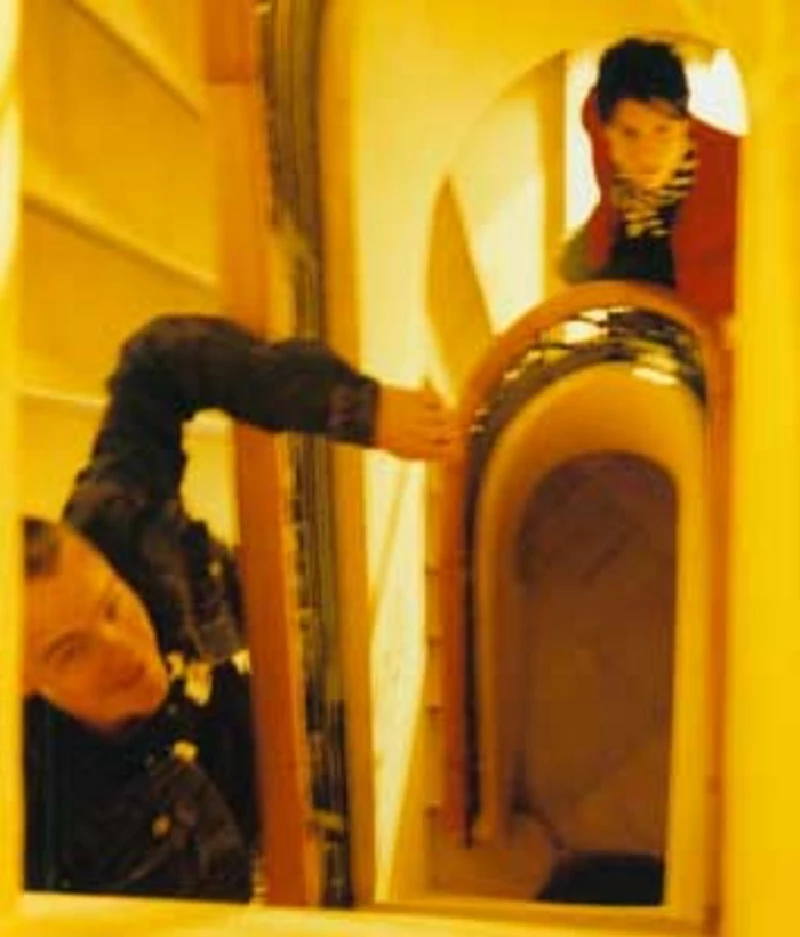
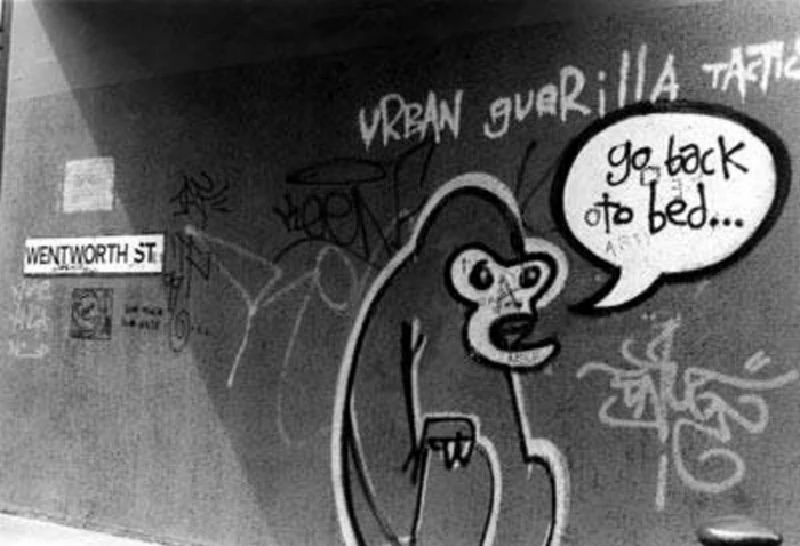
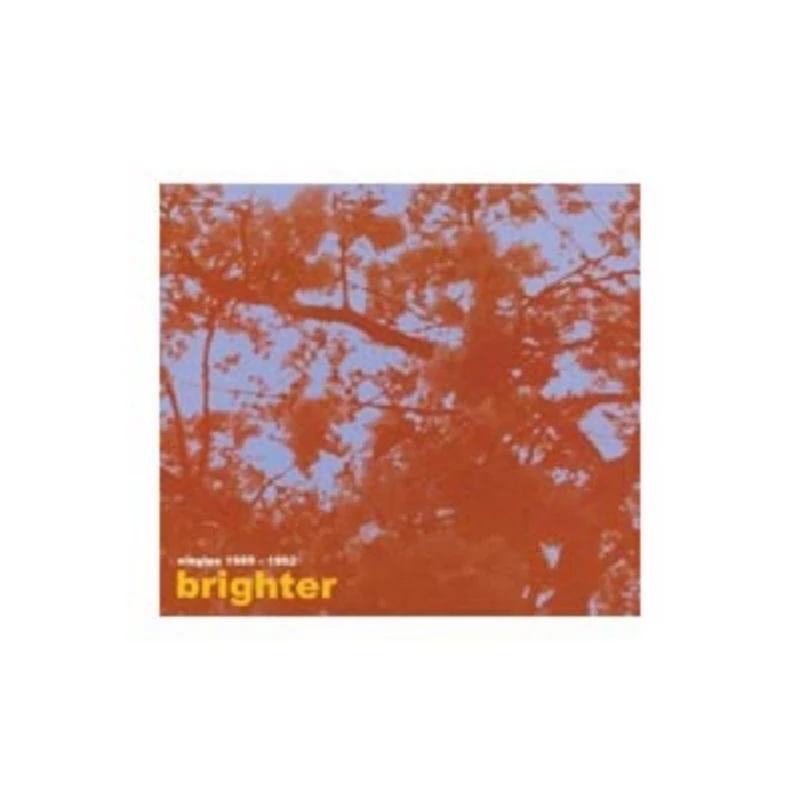
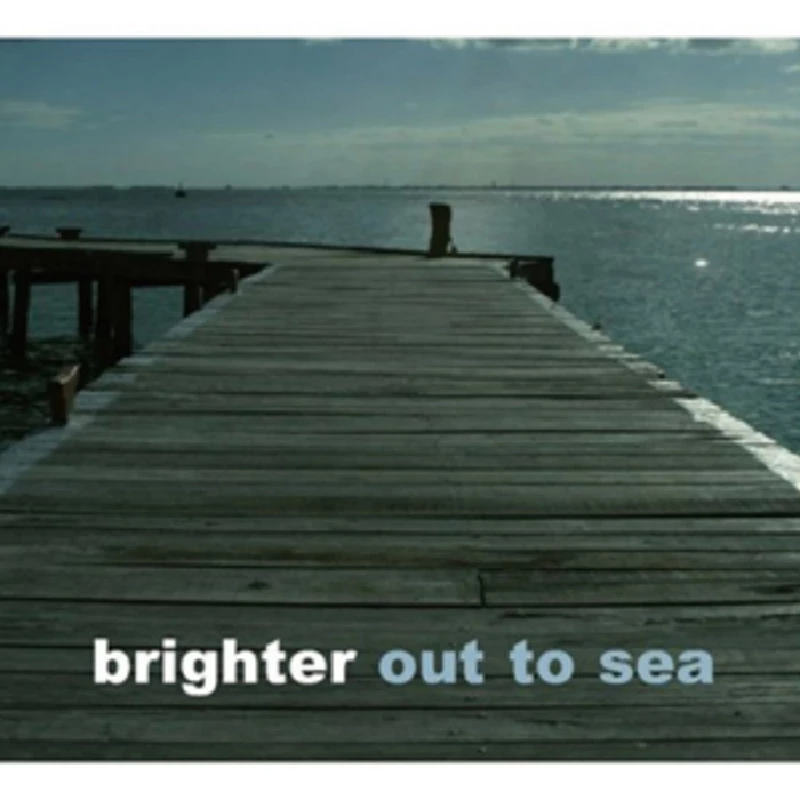
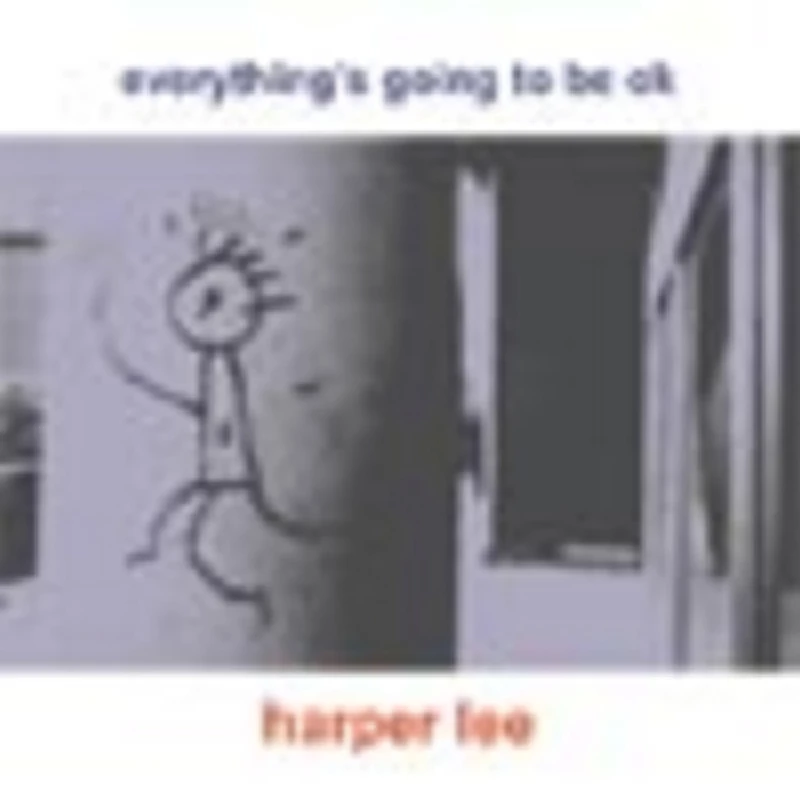
Visitor Comments:- |
| 408 Posted By: John Elvidge, Margate, UK on 02 Mar 2011 |
|
Thoroughly enjoyable and interesting interview.
As an avid Sarah devotee, I still listen. Joined the throng relatively late in the day but at least in plenty of time to join the finale party on The Thekla.
I wrote to Keris after Sarah's demise and asked if Laurel was available on CD as my tape was finally wearing thin. He replied - since when does that happen - what a great guy. The only other replies I received were FM Cornog(East River Pipe) another sincere and thoughtful guy and Mike of They Go Boom. Strangely, FM's reply crossed the Atlantic but Mike actually lived in my home town at the time and his very first phone call to me on a Sunday evening (as he was recording on Sunday records at the time) remains surreal. Must be an indie trait to just be great people!
|
| 85 Posted By: Janice Powell, on 24 Jul 2007 |
|
Hello!
What a great interview with Keris Howard, I felt like I was sitting in the room listening to you visit together...
I'm the Community Outreach Coordinator for Shasta Public Libraries in Redding, California. Our library is participating in a program initiated by the National Endowment for the Arts and the Institute of Museum and Library Services in the United States. The program is a nationwide effort to increase literacy by promoting a community wide read of the same book. We chose the book "To Kill a Mockingbird" by Harper Lee. The book has become an American icon representing the idiology of character, courage, and dignity. As you can probably guess, I would like to speak with Mr. Howard about publicizing his story and offering his music to our community.
Could you please forward my contact information to him or respond with an address to contact him by?
Thank you,
Janice Powell,Community Outreach Coordinator
Shasta Public Libraries
1100 Parkview Avenue
Redding, CA U.S.A. 96001
530-245-7263 telephone
janicep@shastalibraries.org email
|
interviews |
|
Interview (2002) |
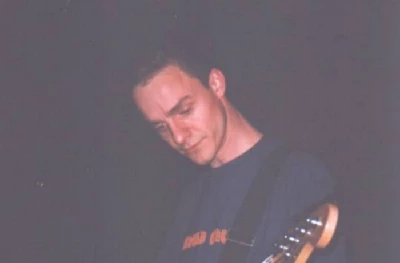
|
| Brighton based boy/girl combo Harper Lee comprise of Keris Howard (vocals, guitars, keyboards) of Trembling Blue Stars and Laura Bridge (guitars, keyboards, drums) of Kicker fame. Their short history |
reviews |
|
He Holds a Flame (2006) |
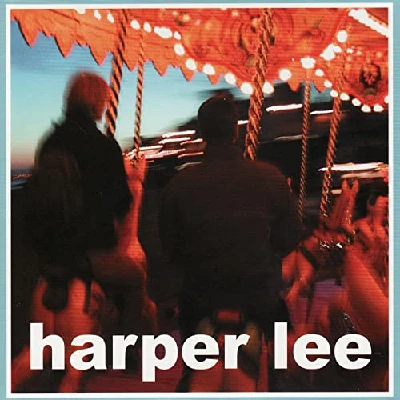
|
| Familiar-sounding, but also excellent electropop on new EP from Brighton duo Harper Lee, the seventh of Californian indiepop label Matinee Records |
| All Things Can Be Mended (2004) |
| Go Back To Bed (2001) |
| Train Not Stopping (2001) |
most viewed articles
current edition
Carl Ewens - David Bowie 1964 to 1982 On Track: Every Album, Every SongArmory Show - Interview with Richard Jobson
John McKay - Interview
Colin Blunstone - Thalia Hall, Chicago, 16/7/2025
Bathers - Photoscapes 1
Billie Eilish - O2 Arena, London, 10/7/2025
Loft - Interview
Visor Fest - Valencia, Spain, 26/9/2025...27/9/2025
Sir Tim Rice - Interview
Robert Forster - Interview
previous editions
Heavenly - P.U.N.K. Girl EPManic Street Preachers - (Gig of a Lifetime) Millennium Stadium, Cardiff, December 1999
Beautiful South - Ten Songs That Made Me Love...
Peter Perrett - In Dreams Begin Responsibilities Interview Part One
Boomtown Rats - Ten Songs That Made Me Love....
Oasis - Oasis, Earl's Court, London, 1995
Coldplay - Wembley Arena. London, 16/8/2022
Prolapse - Interview
Trudie Myerscough-Harris - Interview
Pixies - Ten Songs That Made Me Love...
most viewed reviews
current edition
Davey Woodward - Mumbo in the JumboSick Man of Europe - The Sick Man of Europe
Lucy Spraggan - Other Sides of the Moon
Blueboy - 2
Suzanne Vega - Flying With Angels
Bush - I Beat Loneliness
Amy Macdonald - Is This What You've Been Waiting For?
Phew, Erika Kobayashi,, Dieter Moebius - Radium Girls
Alice Cooper - The Revenge of Alice Cooper
Cynthia Erivo - I Forgive You
Pennyblackmusic Regular Contributors
Adrian Janes
Amanda J. Window
Andrew Twambley
Anthony Dhanendran
Benjamin Howarth
Cila Warncke
Daniel Cressey
Darren Aston
Dastardly
Dave Goodwin
Denzil Watson
Dominic B. Simpson
Eoghan Lyng
Fiona Hutchings
Harry Sherriff
Helen Tipping
Jamie Rowland
John Clarkson
Julie Cruickshank
Kimberly Bright
Lisa Torem
Maarten Schiethart